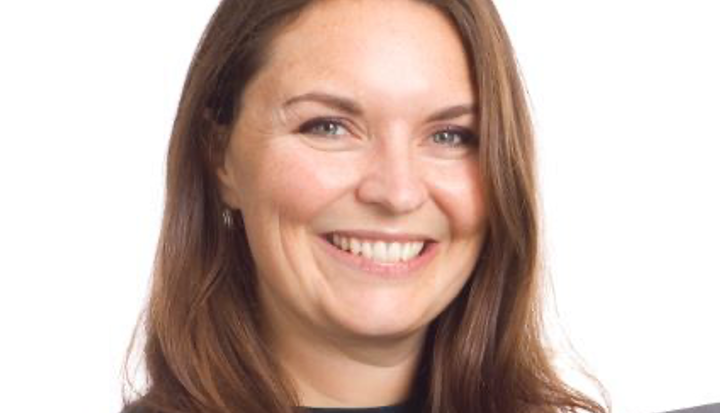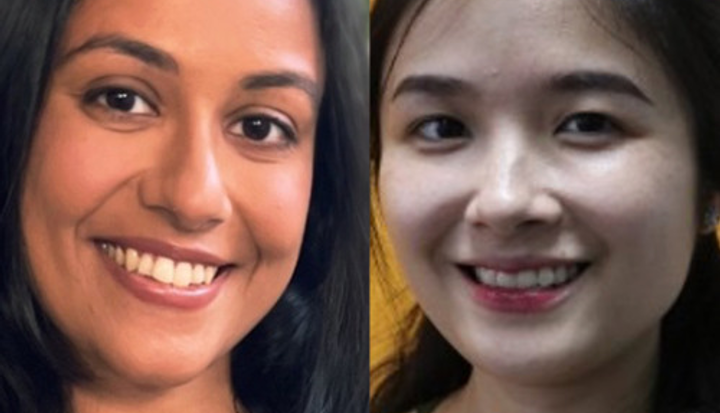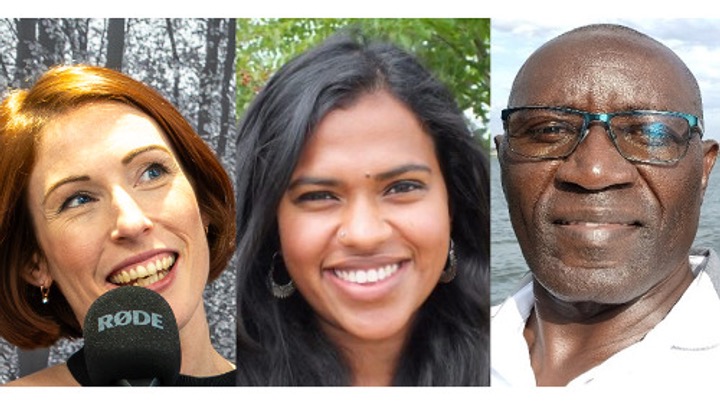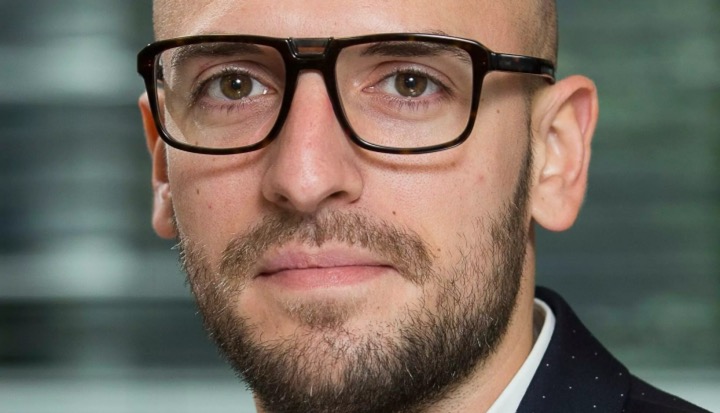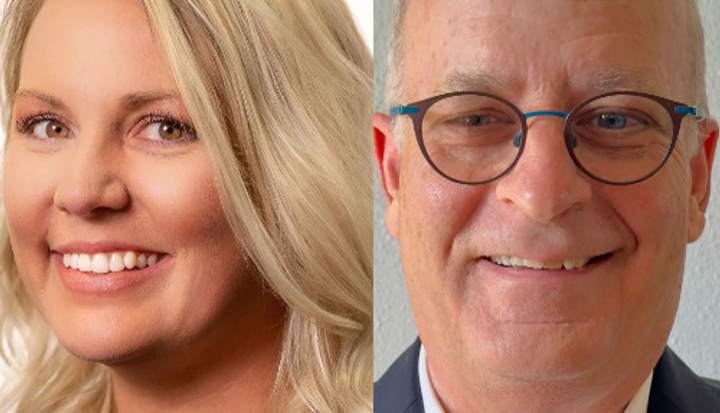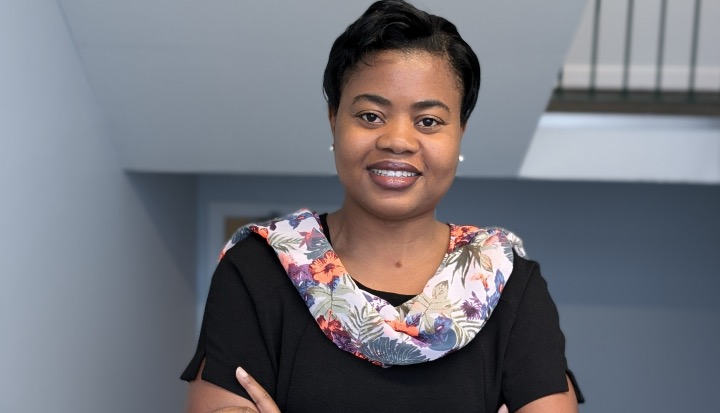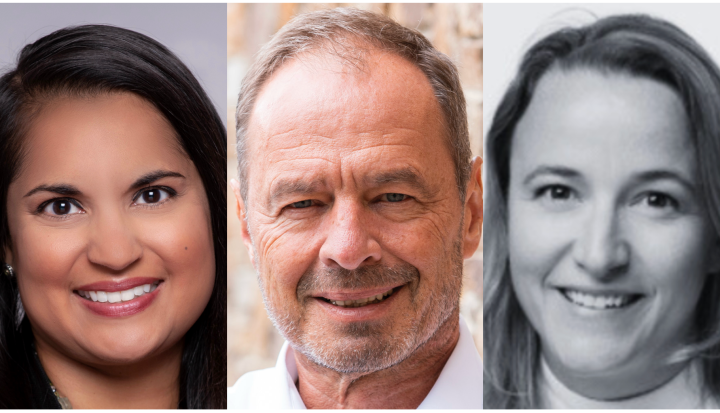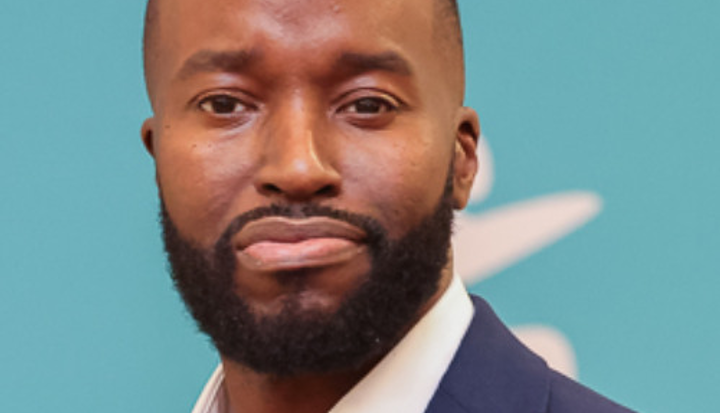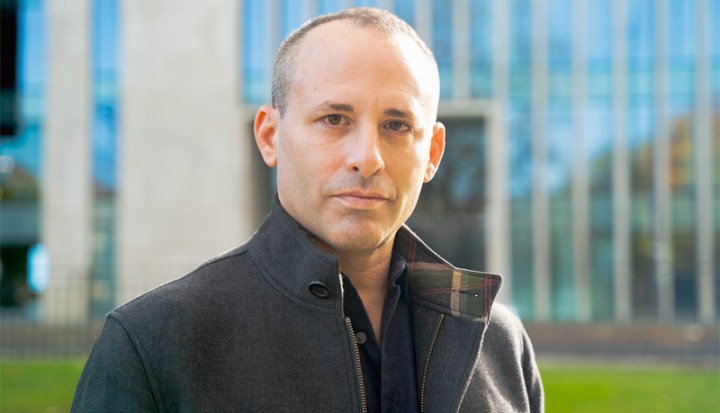BFP: What do you do?
 CD: I lecture at the University of Oxford’s Said Business School in the Marketing, Culture and Society Programme. This programme provides a different angle to understanding markets and marketing, focusing on how the nature of society, cultural norms and meanings, and historical changes influence how and to what extent people participate in markets. Within the programme, I teach MBAs on the role culture plays in markets and marketing in courses that focus on CSR, base of the pyramid schemes, social innovation, cause-related marketing and so on.
CD: I lecture at the University of Oxford’s Said Business School in the Marketing, Culture and Society Programme. This programme provides a different angle to understanding markets and marketing, focusing on how the nature of society, cultural norms and meanings, and historical changes influence how and to what extent people participate in markets. Within the programme, I teach MBAs on the role culture plays in markets and marketing in courses that focus on CSR, base of the pyramid schemes, social innovation, cause-related marketing and so on.
BFP: What is the best part about your job?
CD: The best part about my job is definitely doing field research and the opportunity it provides to get to know people who are considered the beneficiaries of the development/business initiatives I study, particularly women. It is very rewarding to listen to women talk about their lives — their source of happiness, the challenges and constraints they face, their aspirations. These conversations provide a window into how specific development or market-based interventions are impacting their lives, what their consequences are on the ground, and whether or not they are likely to produce the benefits they aspire to such as economic empowerment or education. When you understand culture — the role of social expectations, gender norms, religion etc. – you are much better placed to design an innovation that will take hold, whether it is a mosquito net, mobile phone platform or irrigation system. While I’ve done most of my research in Africa, I’ve recently been involved in a project in Bangladesh: the CARE Bangladesh’s Rural Sales Programme (RSP), which aims to create employment opportunities for marginalized women and to improve the access of the rural poor to a range of consumer goods. It’s been very interesting to work on this system, and has really highlighted why initiatives thrive in certain socio-economic and cultural contexts and wither in others.
Aside from research, I really enjoy the opportunities Oxford University provides me to interact with colleagues from diverse disciplinary backgrounds. In addition to being a Lecturer at Said Business School, I am also a Fellow of Green Templeton College. Oxford Colleges are much more eclectic than departments and as faculty give us the chance to engage with colleagues who have perspectives, backgrounds and disciplinary orientations completely different than our own. As an anthropologist, the opportunity to share my research with economists, geographers, medics, etc, has really nourished and expanded my own thinking. And, of course, there is no end to compelling seminars and conferences to attend.
BFP: What has been your greatest challenge?
CD: I sometimes feel caught in the crossfire of business and development. On one-hand you have a camp of management studies faculty and business and on the other side you have a camp of anthropologists, development studies scholars and practitioners, and NGOs. There is a real division between these two worlds and it operates at multiple levels despite a rhetoric and discourse of public private partnerships, sustainable enterprise, CSR, and so forth (not withstanding the real examples of effective partnerships). Really, despite the growing public recognition of business’ role in creating a sustainable and just society, there is still a legacy of distrust and resistance on both sides. In fact, despite the catastrophic effects of of the global financial crisis, management studies has been slow to respond, and in my experience, is reluctant to acknowledge that the tools of anthropology, philosophy or sociology and so on (rather than purely economics) might offer some answers. At the same time, anthropologists and NGOs often view business as the devil incarnate, whose greedy and corrupt practices are the cause rather than the solution to development problems. As an independent scholar, located in a business school with a background in anthropology and development it can be a challenge to straddle these two worlds and gain the trust from both sides.
I also think that the continued mistrust between corporates and NGOs and the defensiveness on both sides can make it difficult to respond to the difficulties that market-based interventions inevitably face. There is a tendency to broad brush them, either celebrating or lambasting them, rather than identifying those aspects that are successful and those that are not. It can also be difficult to address problems and identify how we might more successfully implement certain initiatives, without “throwing the baby out with the bath water”. For example, when labour violations are found in an ‘ethical supply chain’ how we can accept that as part of the process of transforming supply chains instead of dismissing it as evidence of corporate greenwashing. Or when Fairtrade isn’t working how we can improve it so it can better serve its intended beneficiaries. Our upcoming Base of the Pyramid Debate aims to address how we can start these difficult conversations.
BFP: What advice can you give others facing a similar challenge?
CD: One of things I would recommend is to be frank, by that I mean be honest about the strengths and weaknesses of a project, but convey them in a language that is sensitive to the position of the organisation/ person you’re speaking to.
Continuing to talk about legitimate concerns, rather than just sweeping them under the carpet is a way forward. I think it is very important to air the problems and address the frictions rather than just using the language of “win- win”, “partnerships” and “collaborations” that gloss over the tensions and just shore up the positions of different sides. For example, while management scholars largely praise bottom of the pyramid schemes, they are often dismissed, if not vilified, in development circles. So what happens is that business looks to the evidence of management scholars to celebrate its initiatives and NGOs find support for their views from development studies faculty. Again when we avoid publishing what business, or alternatively development, would find unpalatable, and just present one-sided accounts of success or failure, we actually increase the gap between business and the social sciences. In truth, these things are never black and white and I’d love to see a change in this area— more acknowledgement of the complexity of these programmes and grater patience in addressing their weaknesses. We refer to these issues briefly in a recent blog entitled “BoP approach: Sinner or Saviour” .
BFP: If someone wants to do what you do – where do they start?
CD: I haven’t taken a conventional route, with a clear channel. In theory you could do it one of two ways. You could study in the social sciences, gain experience in development or social enterprise and apply those lessons to the management curriculum. Alternatively, you could purse a degree in management studies, and work in business on social change issues. For example you could do a degree in management studies and focus your PhD on development area such as healthcare, poverty reduction, education, informality etc.
BFP: What do you hope to get out of being part of this community?
CD: One of things I really like about Business Fights Poverty is that it is an excellent locus for knowledge sharing. The site is a barometer of what’s happening in the practitioner world and provides me with examples of good practice that are really useful in my research and teaching. I use the site to take the pulse of what’s out there and what practitioners are engaged in. This is a world that I don’t have regular access to as an academic and I find the site is really helpful in developing new connections and potential collaborations. It was through Business Fights Poverty that I was first introduced to Colalife, for example, an enterprise I hope to engage with further.
Thank you to Catherine Dolan for taking the time to do this interview.
We’re always looking out for members to feature. Help us by taking two-minutes to update your profile, or by nominating someone for Business Fights Poverty Member of the Week.
This Member of the Week interview was conducted by Yvette Torres-Rahman BFP Member Relations Director. Read previous Member of the Week interviews here.

